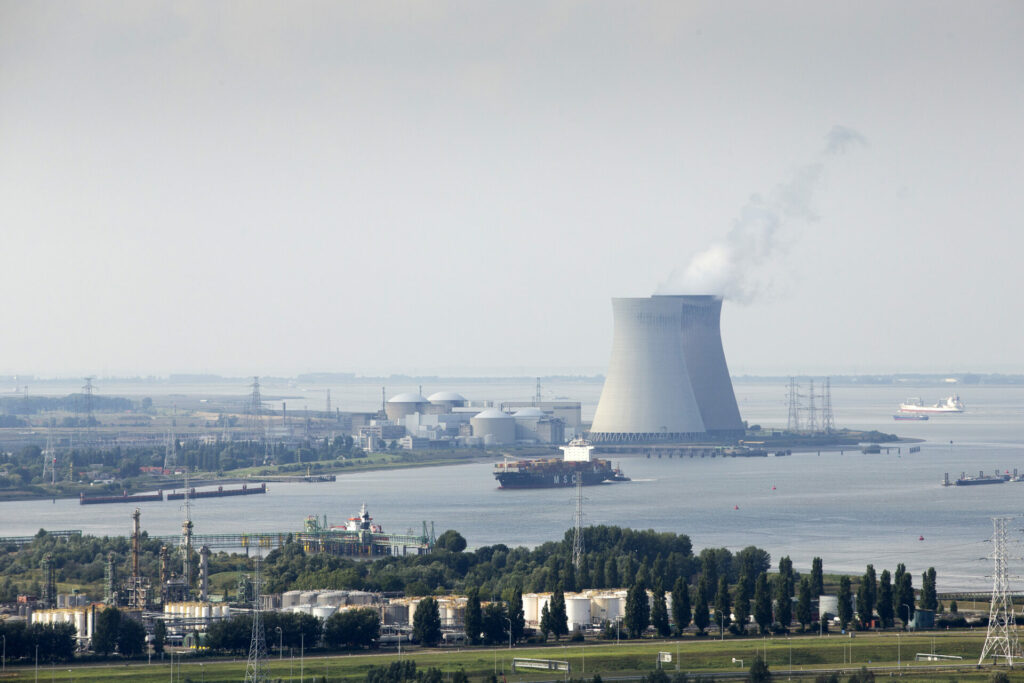As cooler weather sets in and Europe struggles to rein in inflation and stabilise economies, the need to secure energy supply is an absolute priority across the continent, with EU measures only going so far to safeguard individual nations.
Events since Russia's invasion of Ukraine in February 2024 have exposed the fragility of Europe's energy provision, with the cost of gas and electricity showing a volatility not seen before. Within the EU, average gas prices in the first half of 2022 vs same period in 2023 rose by 40% – a remarkable surge that disguises even more alarming peaks at certain periods and in some countries.
In some cases, energy costs in Belgium were multiplied by factors that crippled businesses and left households cold. To avoid this becoming a seasonal occurrence, Europe is taking steps to guarantee energy supply at accessible prices. Among Member States, this has involved a concerted level to enlarge liquified natural gas (LNG) capacity and fill the reserves – they are currently at 98%.
But with the EU limited in its powers to provide for all members, efforts have predominantly been the remit of national authorities. To this end, Belgium's high-voltage grid operator Elia announced on Monday that it had decided on the latest projects that will receive subsidies to ensure energy supply, now looking ahead to winter 2027-2028.
The nuclear question
The funds were allocated as part of the Capacity Remuneration Mechanism (CRM), a scheme introduced in 2021 when the planned closure of Belgium's nuclear reactors cast into doubt the nation's electricity supply.
Belgium currently has two nuclear power stations operating: Doel 4 and Tihange 3. After heated debate in government, it was finally agreed to extend the service life of these plants until 2035. Though Belgium has a long history of nuclear power (with the energy source accounting for close to half of the nation's electricity demand in the past ten years), this has been questioned by green party politicians who are eager to transition to renewable energies.
However, in the context of protecting national industries and consumers – and a shift in public opinion – phasing out nuclear too soon has been portrayed as an existential error and it is now accepted that nuclear will remain a vital part of Belgium's energy mix for at least a decade to come.
Related News
- Belgium in Brief: Winter has arrived, will we make it through?
- Extend nuclear reactors to keep electricity costs low, Belgian industry urges
Nonetheless, the CRM provides funding for projects that will protect energy supply in the coming years and works via a system of annual auctions. All companies that plan to or already do provide energy to Belgium's power grid must submit their proposals for consideration by Elia. Proposals that show they will contribute to the country's medium and long-term energy security are awarded the subsidies.
These are essentially a State-backed commitment to compensate recipients for any costs that are not paid for by their revenue from electricity sales. The result is to reduce the risk that a company that wants to produce green energy (for example) might have. It also avoids windfall profits (that might hit consumers) by imposing an obligation to repay the support received in the event of high prices.
Who is getting funding?
Monday's announcement listed 22 projects that will receive subsidies and shows that Belgium plans to increase battery farms – amounting to an additional 357 MW of power. For reference, 1 MW of power is estimated to power 600-900 homes, depending on consumption.
Other projects include the existing gas power plant at Vilvoorde, which will receive a life extension (246 MW) to be kept on standby for peak consumption moments. Whilst plans have been issued to build more gas power plants in Beligum, these were not considered necessary to get through the winter of 2027-2028 thanks to the increase in battery projects.

